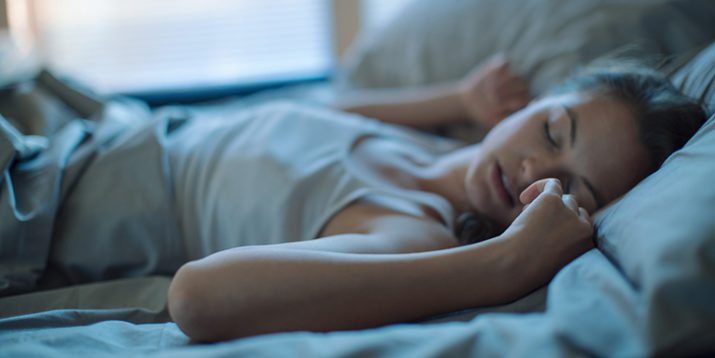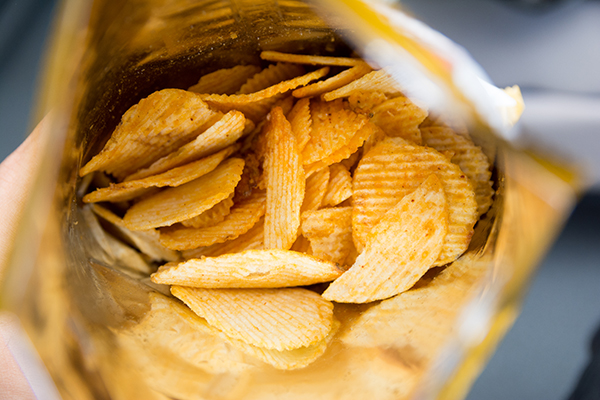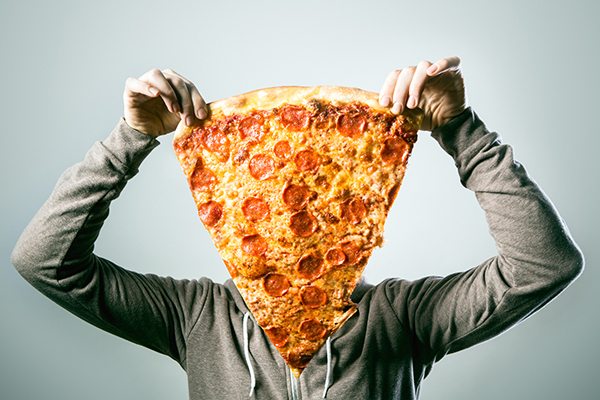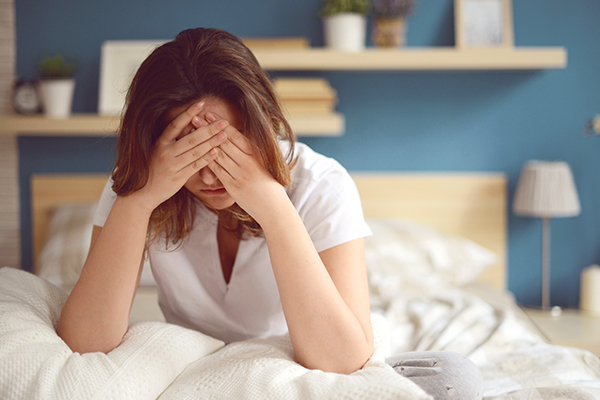7 Surprising Ways Sleep Can Help You Lose Weight

If only slimming your waistline were as easy as curling up under the covers, right?
Turns out, getting a few extra zzz’s can actually go a long way in helping you burn stubborn fat.
When you skimp on sleep, your hormones go haywire, which can cause you to pack on extra pounds. In fact, researchers are starting to look hard at how poor sleep habits can play a role in the obesity epidemic.
Think of weight loss as a tripod — diet and exercise are important, but the whole thing will topple over without adequate sleep — and millions of us aren’t getting enough.
Here’s how a healthy sleep routine can help you burn fat.
1. Sleep Can Help You Feel Less Snackish

The cells in your stomach lining produce a hormone called ghrelin, which signals hunger — and a lack of sleep can send this hormone into overdrive.
“When we’re sleep deprived, we make more ghrelin,” says Kristine Arthur, M.D., internist at Orange Coast Memorial Medical Center in Fountain Valley, California.
It’s your body’s way of telling you it needs more energy — STAT — if not from shuteye, then from calories.
2. Sleep Can Stave Off Overeating
On the flip side of ghrelin, there’s leptin, the “fullness hormone” that helps you keep your portions in check.
Leptin is produced in your fat cells and signals your brain when you have enough energy from food.
But when you’re sleepy, leptin levels dip, making you likely to consume more calories than you really need.
“Your brain’s telling you you’re hungry because you didn’t sleep — and when you do eat, [it doesn’t signal] that you’re done,” Arthur says.
3. Sleep Can Curb Unhealthy Cravings

Not only does lack of sleep increase your appetite, but research has shown it makes you more likely to reach for high-calorie snacks.
In one study, participants were asked to choose from a selection of snacks—once when they were well-rested, and once when they were sleep-deprived.
On average, the snacks chosen by tired participants added up to 600 calories more than the snacks they chose after a good night’s sleep.
Sleep deprivation also increases your levels of endocannabinoids, the chemicals that make eating more enjoyable—and researchers believe this can boost your obesity risk.
4. Sleep Can Reduce Stress

Lack of sleep increases your levels of the stress hormone cortisol, which is known to cause your body to retain fat around the midsection.
But that’s not the only way cortisol has been associated with your weight loss efforts — it also stimulates gluconeogenesis, a process that causes the body to produce more glucose.
“If you go back to a caveman running from an animal, you need that glucose to have the energy to run or fight,” Arthur says.
But you shouldn’t be in survival mode 24-7!
“It’s great in those acute situations, but we’re putting ourselves in a state of elevated cortisol all the time,” she adds.
5. Sleep Can Help Regulate Blood Sugar
So, what happens to all that extra glucose your body is producing when you’re short on sleep?
“With higher cortisol levels on a regular basis, we’re seeing more insulin resistance,” says Arthur.
Translation: Over time, you’ll need more insulin to break down the same amount of glucose.
Arthur notes that even one night of sleep deprivation can have this effect: “The next day, their bodies require more insulin than they normally would to have the same stabilizing effect on their blood sugar.”
6. Sleep Can Boost Your Willpower
Sleep is the best way to recharge your batteries.
Without it, Arthur says, “Your body starts looking for quick forms of energy — which typically tend to be simple sugars, carbs, that type of thing. It would be really hard, when you’re tired and your body is looking for energy, to say ‘no’ to a candy bar.”
7. Sleep Can Help Maintain Your Endurance
Lack of sleep can also impede weight loss efforts in the gym, whether you’re burning fat with high-intensity cardio or boosting your metabolism with strength training, lack of sleep can decrease your endurance and your pain tolerance, which makes it hard to go 100 percent.
“People tend to feel like they’re working out harder, even though they usually aren’t,” Arthur says.
When your schedule is overwhelming, it can feel impossible to hit the sack early.
But sleep deprivation, especially over the long term, can mess with your weight loss efforts in so many ways.
It’s a vicious cycle, but there’s a simple solution: Schedule time for sleep, and treat it as a non-negotiable part of your training schedule.
“Get into a pattern where you set a bedtime for yourself, and move it earlier in 15-minute increments,” Arthur says. “People do notice a difference.”
As you can see, this healthy habit can help you burn more fat and is available to you whenever you really need it.

